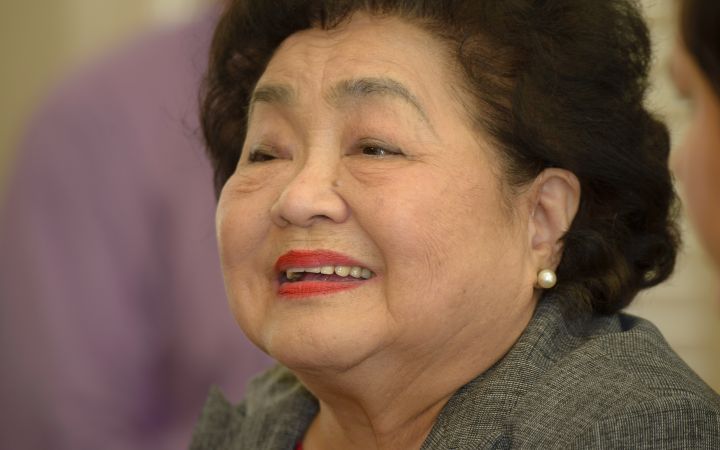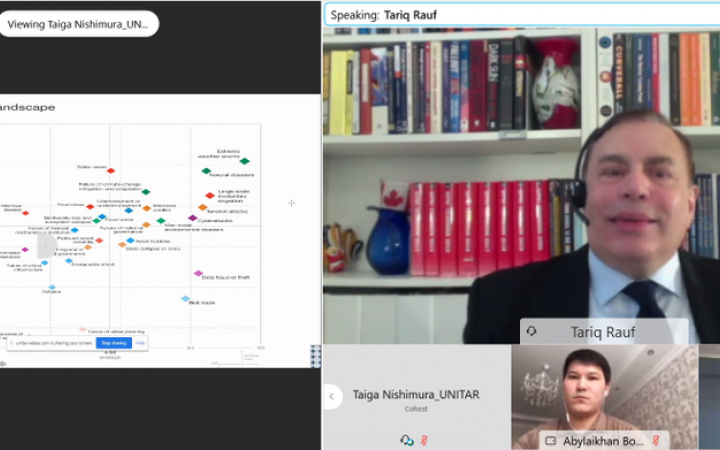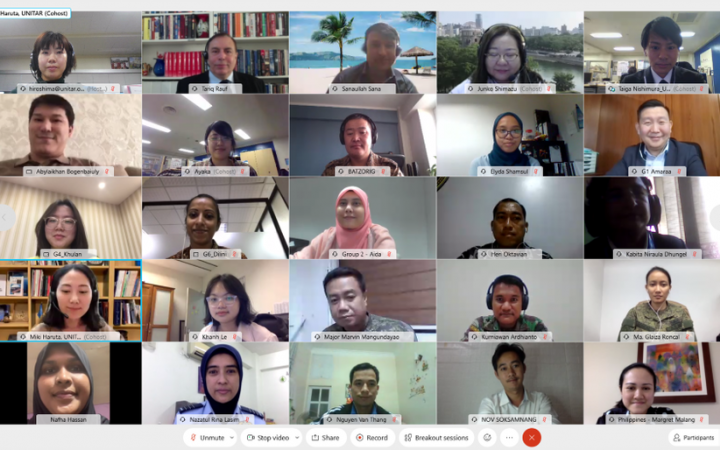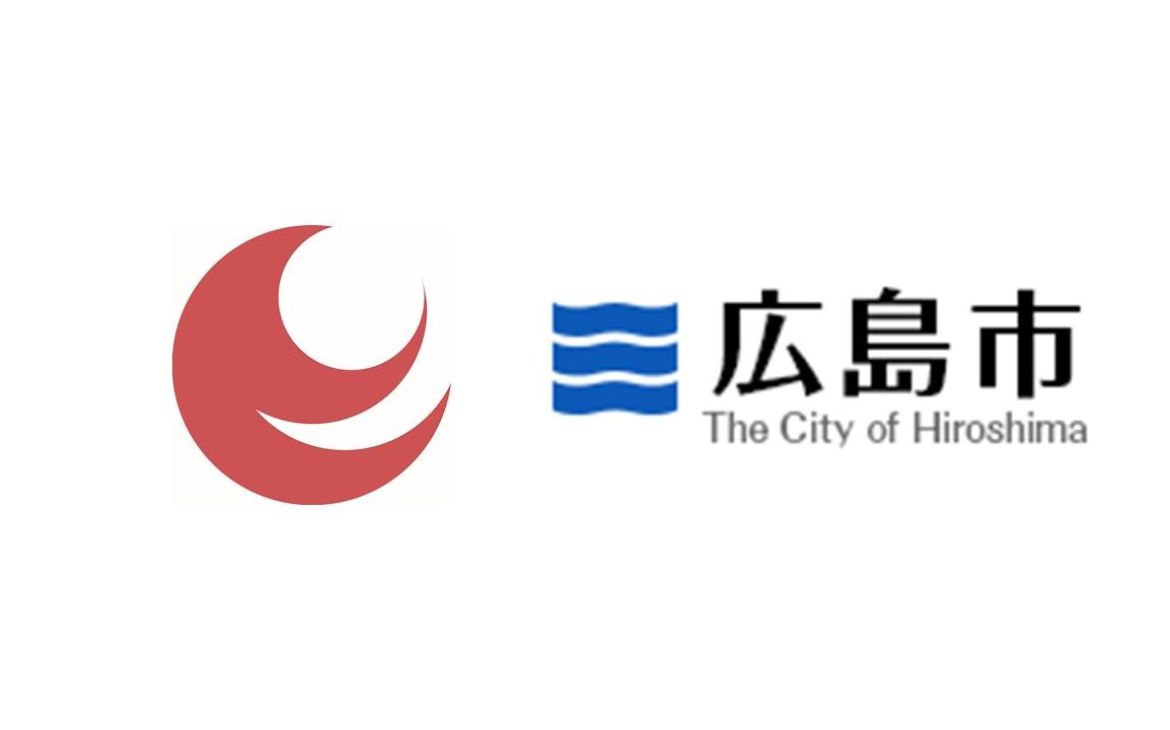26 July 2021, Hiroshima, Japan – The world can potentially be destroyed in a nuclear cataclysm at any moment. It only needs a small misunderstanding or technical error – never mind war between nuclear-armed nations – to unleash weapons of mass destruction that would kill millions and likely render large tracts of the earth uninhabitable for any who survive.
Setsuko Thurlow, a survivor of the atomic bombing of Hiroshima, at the Nobel Peace Prize award ceremony in Oslo on 10 December 2017, spoke eloquently in defence of a ban on such weapons.
“Nine nations still threaten to incinerate entire cities, to destroy life on Earth, to make our beautiful world uninhabitable for future generations,” she said. “The development of nuclear weapons signifies not a country’s elevation to greatness but its descent to the darkest depths of depravity. These weapons are not a necessary evil; they are the ultimate evil.”
The nine nations are China, France, India, Israel, DPR Korea, Pakistan, the Russian Federation, United Kingdom, and the United States.
Since the horrific atomic bombings in Hiroshima and Nagasaki in 1945, a global movement has been working to avert a nuclear catastrophe. But the rapidly changing geopolitical environment is seeing both state and non-state actors continue to defend the need for nuclear weapons. Such an environment increases the urgency for reinvigorated action for nuclear disarmament and non-proliferation regionally, multi-laterally, and globally.
The UNITAR Hiroshima Nuclear Disarmament and Non-proliferation Training Programme has since 2015 been running in Hiroshima, the “City of Peace,” with the financial support of the Hiroshima Prefectural Government and the City of Hiroshima. Designed for officials from Asian nations, the training aims to increase the officials’ understanding of the nuclear disarmament debate, give insights into their communication practices to improve their ability to negotiate for disarmament and familiarize them with the structure and practice of negotiations on disarmament and non-proliferation of nuclear weapons. The March 2021 course focused especially on preparing trainees for the upcoming Tenth Review Conference of the Parties to the Treaty on the Non-proliferation of Nuclear Weapons scheduled for August 2021.
The intensive programme involves a three-week on-demand e-learning course; six day-long webinars delivered by experts; and a mock negotiation workshop. It was developed by UNITAR in collaboration with the United Nations Institute for Disarmament Research, United Nations Regional Centre for Peace and Disarmament in Asia and the Pacific, and the Stockholm International Peace Research Institute. It trains government staff in critical negotiating skills to ensure robust international agreements to halt the proliferation and use of nuclear weapons.
“On the morning of 22 January 2021, a new era dawned in which nuclear weapons are prohibited — finally banned – 75 years after their invention and first use,” said Tariq Rauf, an expert lecturer with the Hiroshima programme and consulting adviser on policy and outreach to the executive secretary of the Comprehensive Nuclear Test-Ban Treaty Organization. “The Treaty on the Prohibition of Nuclear Weapons, commonly known as the Nuclear Ban Treaty, entered into force on that date. Although a long time in the making, the Treaty’s negotiations have benefited enormously from the training provided by courses such as the Hiroshima programme.”
Other experts include Setsuko Aoki, professor at Keio University Law School, Japan; Tim Caughley, non-resident senior fellow with the United Nations Institute for Disarmament Research; Yuriy Kryvonos, director, United Nations Regional Centre for Peace and Disarmament in Asia and the Pacific; Keiko Ogura, a hibakusha (atomic bomb survivor); and Sho Ono, director of the Arms Control and Disarmament Division, Ministry of Foreign Affairs of Japan.
Thirty-five government officials from 14 Asian countries participated in the March 2021 course, held entirely online for the first time owing to the COVID-19 pandemic.
“The programme includes diverse activities,” said Mihoko Kumamoto, director of UNITAR Hiroshima Office and Division for Prosperity, “such as lectures by global experts, practical exercises and role-plays, and virtual tours to the Atomic Bomb Dome and the Hiroshima Peace Memorial Park. Through these activities, we hope that the participants will deepen their understanding of nuclear disarmament and non-proliferation at multiple levels.”
The training is highly interactive with active engagement by participants. The international forums which govern the discourse surrounding nuclear disarmament are, by their very nature, complex. In order for negotiators to be able to achieve their goals, they must be well versed not only in the current state of discussions but also in effective cross-cultural communication and negotiation techniques.
“UNITAR’s programme has been very effective, contributing to realizing the Secretary-General’s disarmament agenda,” said Setsuko Aoki. “Through the efforts of the UNITAR Hiroshima staff, the programme in 2021 was held entirely online and, rather than being a disadvantage, it allowed more trainees to participate. And while it was a virtual event, the name of Hiroshima, and all that it stands for, is still resonant. No other place on Earth is more suitable for such a course than Hiroshima.”
Caughley of the United Nations Institute for Disarmament Research concurred.
“The Hiroshima office of UNITAR is in a unique position to present this aspect of disarmament education for diplomats and military advisers in the Asia region,” he said. “This year’s programme, although conducted online, was no exception. This is the sixth year in a row that this programme has been carried out in Hiroshima or, in this case, online. Its coverage is like Hiroshima itself: unique. It covers not only the educational aspects of disarmament, of arms control with a focus on nuclear, but it also blends that knowledge with negotiating skills that are taught and practised in simulations.”
The world needs more skilled negotiators to guide the international community – particularly the “nine nations” – along the road to a world free from the threat of nuclear destruction.
For more information, please see the Project Completion Report below.





